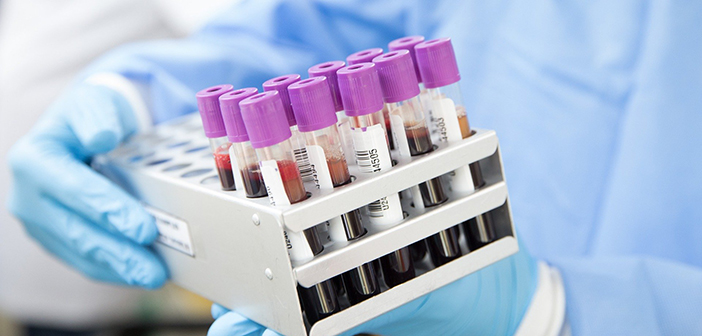Just how many people in the U.S. have been infected with COVID-19? It’s a critical question and the topic of the newly released report “Developing a National Strategy for SARS-CoV-2 Serosurveys in the United States” by the Johns Hopkins Center for Health Security.
Epidemiologist and Johns Hopkins School of Nursing Professor Jason Farley is a co-author on the report.
The report details steps for producing a coordinated and standardized effort in “serology/antibody testing” through which researchers and public health officials can understand the prevalence of the virus, particularly among those who were not tested or never experienced any symptoms.
The report’s main conclusions include:
- The U.S. government should create a central repository for serosurveys.
- The CDC should lead a consistent, standardized effort to perform serosurveys nationwide.
- The Food and Drug Administration (FDA), the National Institutes of Health (NIH), the CDC, and the National Cancer Institute (NCI) should release the results of their antibody test validation studies.
- Large employers and universities that are using antibody tests should be strongly encouraged to register their studies in the central repository.
- State and local health departments should first focus on serial, crosssectional serosurveys, followed by longitudinal cohort studies.
“It is incredibly important that we understand the prevalence of COVID-19 within the country through consistent and reliable data,” says Farley. “The key to determining any viable therapies and vaccines will be thorough and accurate information. In addition, once we have a bigger picture of the virus’s prevalence, we can better determine how to distribute PPE, evaluate the successes and significance of public health precautions we’ve already taken, and learn how to better respond in the future.”
See the full report, here: http://www.centerforhealthsecurity.org/our-work/pubs_archive/pubs-pdfs/2020/200618-serosurvey-stratefy.pdf
Read more:
